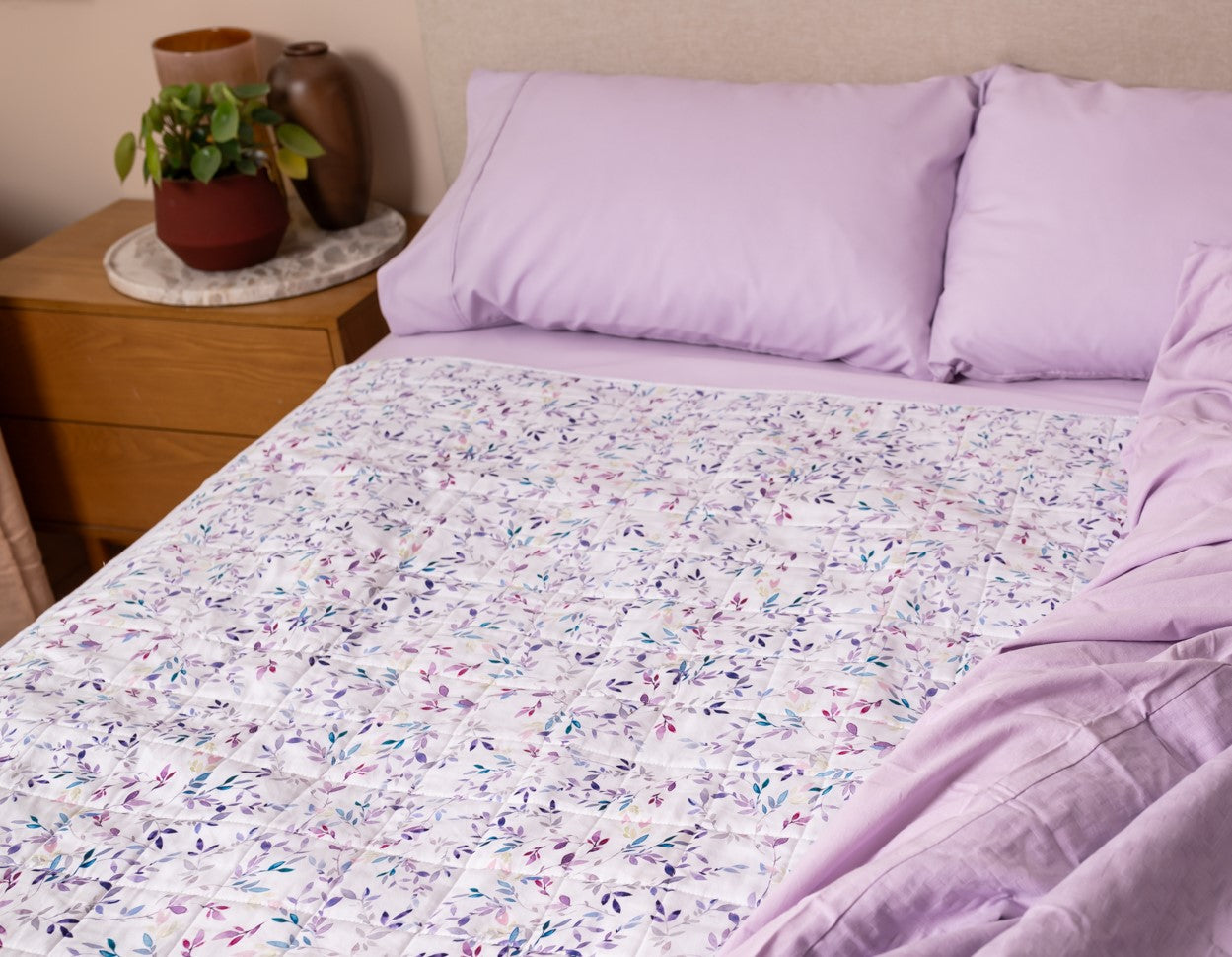💧 7 Gentle Tips for Parents Navigating Bedwetting with Kids

Bedwetting Happens — And You're Not Alone
If you're quietly changing sheets at 2am or feeling like you're the only one dealing with nighttime accidents, take a deep breath: bedwetting (or nocturnal enuresis) is incredibly common. In fact, 1 in 5 five-year-olds still wet the bed regularly, and many children continue into their school years.
The good news? Most kids grow out of it — and there are gentle, effective ways to support them along the way.
1. Normalize the Experience
Let your child know that bedwetting is not their fault. It’s not laziness or bad behavior — it’s often due to deep sleep, a small bladder, or even genetics. Reassure them that they’re not alone and that it’s something many kids go through.
2. Avoid Shame or Punishment
Even though it is easy to become frustrated at 2am, try to never scold or embarrass your child for wetting the bed. Shame can increase anxiety, which may actually make the problem worse. Instead, focus on encouragement and celebrate dry nights when they happen.
3. Establish a Calm Bedtime Routine
A consistent, relaxing bedtime routine can help reduce stress and improve sleep quality. Encourage your child to use the toilet before bed, and consider adding a night light so they feel confident getting up if they need to go during the night.
4. Watch Fluid Intake — But Don’t Restrict Too Much
Encourage your child to drink plenty of water during the day, but gently reduce fluids in the hour or two before bedtime. Avoid caffeinated or sugary drinks in the evening, as these can increase urine production.
5. Address Constipation
Surprisingly, constipation can put pressure on the bladder and contribute to bedwetting. If your child is having infrequent or hard bowel movements, talk to your GP or a pediatrician.
6. Use Waterproof Bed Pads for Easy Cleanups
Let’s be real — changing a full set of sheets in the middle of the night is exhausting. That’s why many parents swear by reusable waterproof bed wetting pads. They sit on top of the fitted sheet, absorb accidents, and can be swapped out in seconds.
Our eco-friendly bed pads are:
-
Soft and silent (no crinkly plastic sounds)
-
Machine washable and dryer safe
-
Free from harsh chemicals
-
Available in Single, Double, and Bundle options
7. Be Patient — and Celebrate Progress
Every child’s journey is different. Some respond well to reward charts or bedwetting alarms (usually after age 7), while others simply need time. Celebrate small wins and remind your child that dry nights will come.
Bedwetting can feel isolating, but it’s a phase — not a failure. With patience, empathy, and a few practical tools, you can support your child through it with confidence (and a little more sleep).
💚 Want more tips like this? Join our email list for parenting support, product updates, and exclusive offers.




